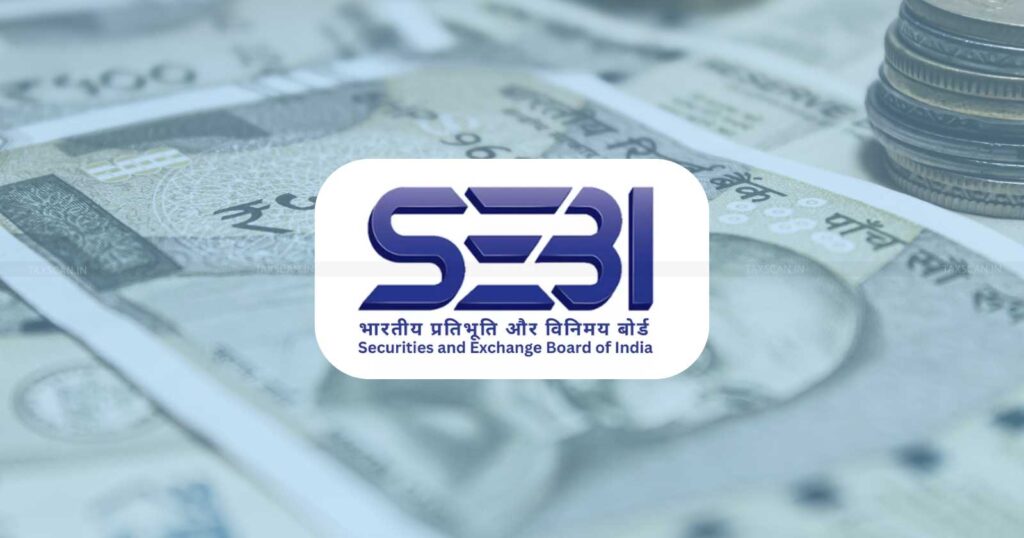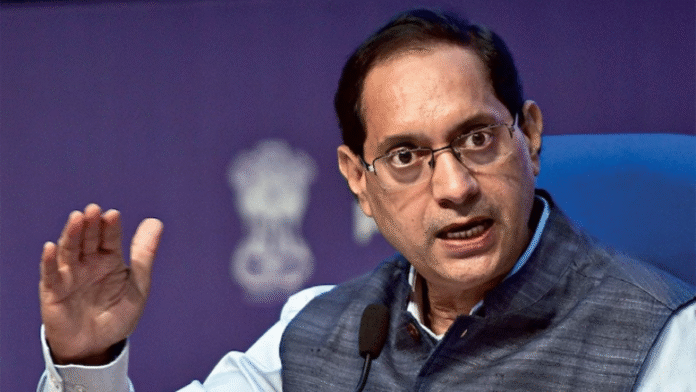The Securities and Exchange Board of India (SEBI) is planning changes to equity derivatives products to encourage healthier and longer-term market participation. SEBI Chairman Tuhin Kanta Pandey, speaking at the FICCI Capital Market Conference 2025, said the regulator will consult with stakeholders on extending the tenure and maturity profile of these products in a calibrated manner.
Pandey noted that while equity derivatives are vital for hedging and capital formation, their design must balance quality and risk. SEBI’s goal, he explained, is to deepen cash equity markets while ensuring derivatives serve both hedgers and long-term investors.
Over the last three years, daily volumes in the cash market have doubled. However, derivatives trading has surged even faster, largely driven by retail investors. SEBI’s own research shows that 91% of individual traders in futures and options (F&O) lost money in FY25, with combined losses exceeding ₹1 lakh crore—funds that could have supported more responsible investments.

To address these risks, SEBI has already limited contract expiries and raised lot sizes to make speculative trades costlier. Still, ultra-short-term trading remains dominant. SEBI whole-time member Ananth Narayan recently warned that this trend threatens the long-term health of India’s capital markets, underscoring the need for longer-tenure contracts.
Pandey clarified that the plans are still at a conceptual stage, but industry reaction has already been felt—shares of Bombay Stock Exchange (BSE) and Angel One fell by 5% after his comments. With derivatives contributing over 50% to BSE’s revenue, any reforms will have significant market impact.
SEBI also announced other steps at the conference:
-
A dedicated surveillance unit will now track potential manipulation in derivatives trading, as confirmed by whole-time member Kamlesh Varshney.
-
Brokers’ associations are expected to recommend stricter entry barriers to F&O markets.
-
The regulator is working with the Corporate Affairs Ministry and stock exchanges to design a regulated platform for India’s “grey market” in unlisted shares.
Separately, SEBI is also looking ahead at artificial intelligence (AI) in financial markets. Pandey said AI could transform customer engagement, fraud detection, risk assessment, and financial inclusion. However, he cautioned that AI adoption also raises concerns about data privacy, cybersecurity, and accountability.
“We have to think of AI as an assist, not a substitute for judgment,” Pandey added.
He said SEBI’s proposed AI/ML guiding principles would focus on a tiered approach, strict data controls, and clear accountability.
With these reforms, SEBI is attempting to balance innovation, investor protection, and market stability, while steering India’s markets towards a longer-term, more responsible growth path.








